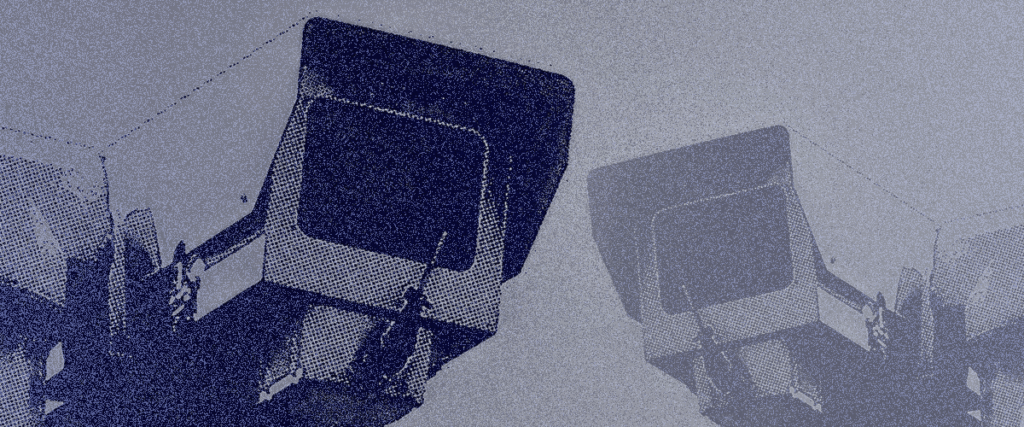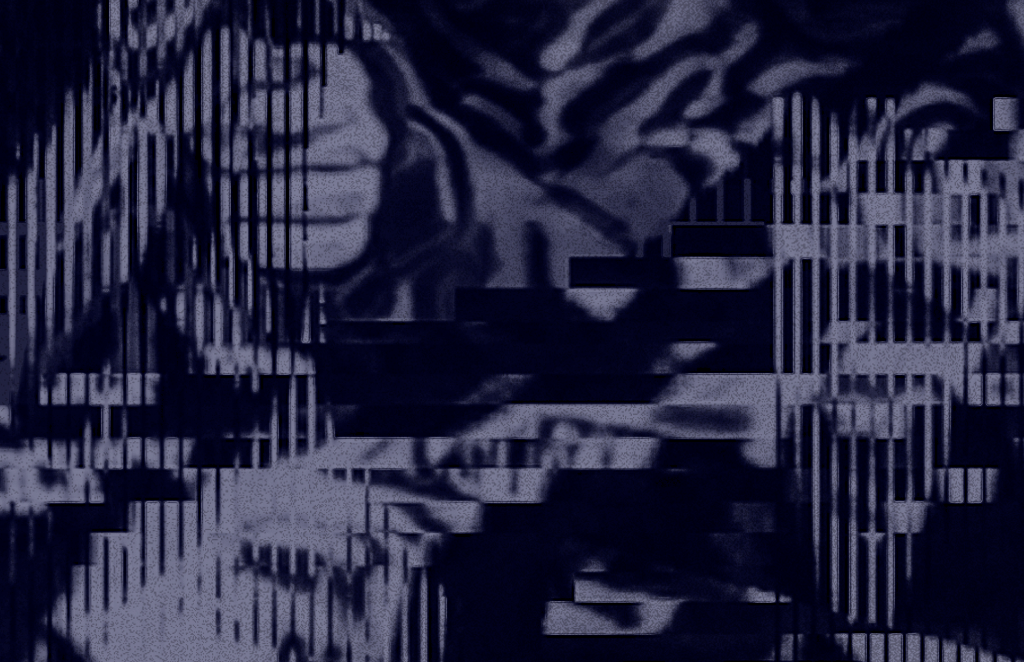
Mass Surveillance
Don’t use Beyonce to normalise live facial recognition
Its deployment is nothing more than our demise from democracy. It may be all anyone can talk about this morning, but Beyonce’s nothing short of incredible performance (I’m sure) in Cardiff was marred by the disappointing news that Cardiff police were deploying live facial recognition to “support” the concert.
What is live facial recognition?
For anyone new to the subject, live facial recognition is the real-time deployment of facial recognition technology, which compares live camera feed or feeds of faces against a police’s watchlist. When a match is detected, an alert is generated for the police to ascertain if the “person of interest” is wanted for a criminal offence, should be prevented for entering a space or if they might pose a risk of harm to themselves or others.
Some might see this as smart policing. Others, including Open Rights Group, has serious concerns about the creeping use of this technology, especially when its accuracy and efficacy is seriously under question.
Discriminatory impact
Critics have long pointed out that accuracy also diminishes when the subject is a person of colour and the younger the person is. Its previously disproportionate misidentifications among younger Black men in particular has also raised the discriminatory nature of the technology. Hearing accounts from others seeing misidentifications first-hand, it is clear that errors in this field are no casual blunder. Apprehending someone as a mistaken person of interest has an impact on that person and this is happening in their formative years.
From a civil liberties perspective, we should be able to walk down the street with a full expectation of privacy and not being ID’d at every step.
Sophia Akram, ORG Programme Manager
The Court of Appeal acknowledged in the landmark case of R (Bridges) versus CC South Wales that South Wales Police had not considered indirect discrimination in their deployment of the technology. It is, therefore, surprising that this police force has been quick to resume its use, after a single study concluded better accuracy but with a host of variables they need to consider.
It’s also a question of principle. From a civil liberties perspective, we should be able to walk down the street with a full expectation of privacy and not being ID’d at every step. Consider the impact of being fingerprinted as you go to the shops or provide DNA as you travel to work.
A growing threat
To date, there has been limited use of facial recognition reserved for special events like football matches and most recently seen in the bid to crackdown on would-be protesters during the King’s coronation, the largest demonstration of the tech in the UK.
These uses are only likely to expand. Police forces across the country could be using the tech as urged by ministers, such as Police, Crime & Fire Minister Chris Philp who wants it embedded in everyday policing, including body-worn facial recognition technology by officers. It’s a slippery slope and risks the use of any public camera being fitted with live facial recognition capabilities.
Live facial recognition is the real-time deployment of facial recognition technology, which compares live camera feed or feeds of faces against a police’s watchlist.
Sophia Akram, ORG Programme Manager
We should remember that live facial recognition technology generates sensitive biometric data. Its use is governed by data protection legislation and where the stakes are high, such as in police deployments, thresholds for necessity and proportionality are also high, which should be determined case by case, particularly in public places.
Increased draconian powers
The Information Commissioners Office has raised concerns about the use of this technology for law enforcement purposes that even extends to the governance of watchlists and escalation processes, as well as the unintended consequences to communities.
These concerns ring louder when we consider the legislative sea change the UK is currently experiencing. New draconian legislation has or proposes to increase powers of the police through the Police, Crime, Sentencing and Courts Act and the Public Order Act. This in addition to weakening data protection safeguards and oversight through the Data Protection and Digital Information Bill.
Facial Recognition: No Consent, No Oversight
Wales cross-party group on surveillance and facial recognition technology in the UK
Find out moreHome Office CCTV: free mass surveillance?
Government programme to supply security equipment to faith institutions
Find out more
